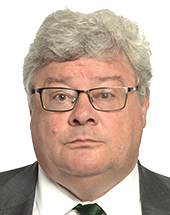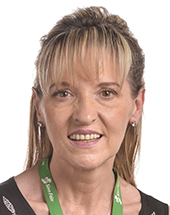
Choisissez la langue de votre document :
- bg - български
- es - español
- cs - čeština
- da - dansk
- de - Deutsch
- et - eesti keel
- el - ελληνικά
- en - English
- fr - français
- ga - Gaeilge
- hr - hrvatski
- it - italiano
- lv - latviešu valoda
- lt - lietuvių kalba
- hu - magyar
- mt - Malti
- nl - Nederlands
- pl - polski
- pt - português
- ro - română
- sk - slovenčina
- sl - slovenščina
- fi - suomi
- sv - svenska
|
| Proċedura : 2014/2231(INI) |
| Ċiklu relatat mad-dokument : A8-0177/2015 | ||||||
Testi mressqa : A8-0177/2015 | Dibattiti : PV 09/07/2015 - 11CRE 09/07/2015 - 11 | Votazzjonijiet : PV 09/07/2015 - 12.10Spjegazzjoni tal-votazzjoni | Testi adottati : P8_TA(2015)0274 | |||
| Rapporti verbatim tad-dibattiti | |
| Il-Ħamis, 9 ta' Lulju 2015 - Strasburgu |
|
| Avviż legali - Politika tal-privatezza |
















